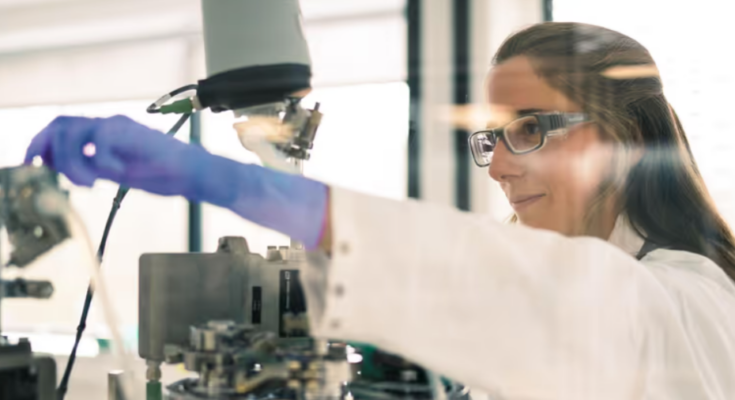Scientific communication is a powerful tool in the fields of Drug Discovery and Development. At The University of North Texas Health Science Center at Fort Worth, researchers and scientists rely on effective sharing of research findings and methods to move promising compounds from experimentation to life-changing treatments. This article explores how maintaining strong communication standards accelerates scientific breakthroughs and the benefits it brings to healthcare.
The Role of Communication in Advancing Drug Research
Drug discovery and development is a highly collaborative process. It draws on expertise from chemistry, biology, pharmacology, and clinical practice. Communicating clearly at every stage is vital. When researchers at The University of North Texas Health Science Center at Fort Worth publish results or share data, their discoveries can be built upon by fellow scientists. This open exchange shortens timelines and can lead to more efficient pathways from lab bench to bedside.
Sharing Reliable Data
Scientific publications, presentations, and digital platforms have changed how drug research is discussed. At each turn, accurate and detailed reporting ensures that vital data about new compounds, mechanisms, and outcomes are accessible to the right people. Early-stage discussions often hinge on sharing clear, complete findings so others can replicate and confirm them. This process is foundational to ensuring treatments progress safely and effectively.
Preventing Misunderstandings
Confusion and mistakes can cause setbacks in drug development, costing both time and resources. By focusing on straightforward presentations and clear records, researchers reduce the risk of misconceptions. Teams at The University of North Texas Health Science Center at Fort Worth stress the importance of strong documentation when moving from laboratory experiments to clinical studies. Precise language leaves little room for error.
Collaboration Across Disciplines
No single group can achieve medical breakthroughs alone. Chemists isolate compounds, biologists study their effects, and clinicians evaluate results on patients. These groups must communicate outcomes, challenges, and insights to ensure efforts are synchronized.
Interdisciplinary Collaboration
Bridging different scientific disciplines is more than sharing results. It means learning to speak a common scientific “language” that is accessible but not oversimplified. Researchers at The University of North Texas Health Science Center at Fort Worth often participate in multi-departmental meetings and international conferences. Here, clear communication helps foster solutions that might otherwise be missed.
Communicating with the Public and Partnerships
Researchers are not communicating solely with peers. They also present findings to regulatory agencies, healthcare providers, funding partners, and the community. Being able to adapt complex results into understandable terms is crucial for gaining approval and support.
Building Trust through Transparency
When scientists clearly explain benefits, risks, and next steps, they help foster trust. At The University of North Texas Health Science Center at Fort Worth, openness in reporting clinical trial results helps patients make informed decisions, and it supports a better understanding of what new medicines can do.
Supporting Regulatory Approvals
Developing a new drug involves close cooperation with government bodies. Communication is essential when preparing complex regulatory filings. Teams must produce documents that precisely outline how a drug performs, its safety profile, and its impact on health outcomes.
Looking Ahead: Enhancing Communication for Future Innovation
Open, clear, and accurate scientific communication is not just a professional value; it is a necessity for advancing drug discovery and development. Institutions like The University of North Texas Health Science Center at Fort Worth set standards for the field through robust publication practices, transparent collaborations, and a focus on clarity for all stakeholders.
By continuing to refine communication at every stage, researchers make it easier to turn scientific advances into practical solutions that improve patient care. They show that when knowledge is shared thoughtfully and thoroughly, the possibilities for new treatments expand rapidly.




